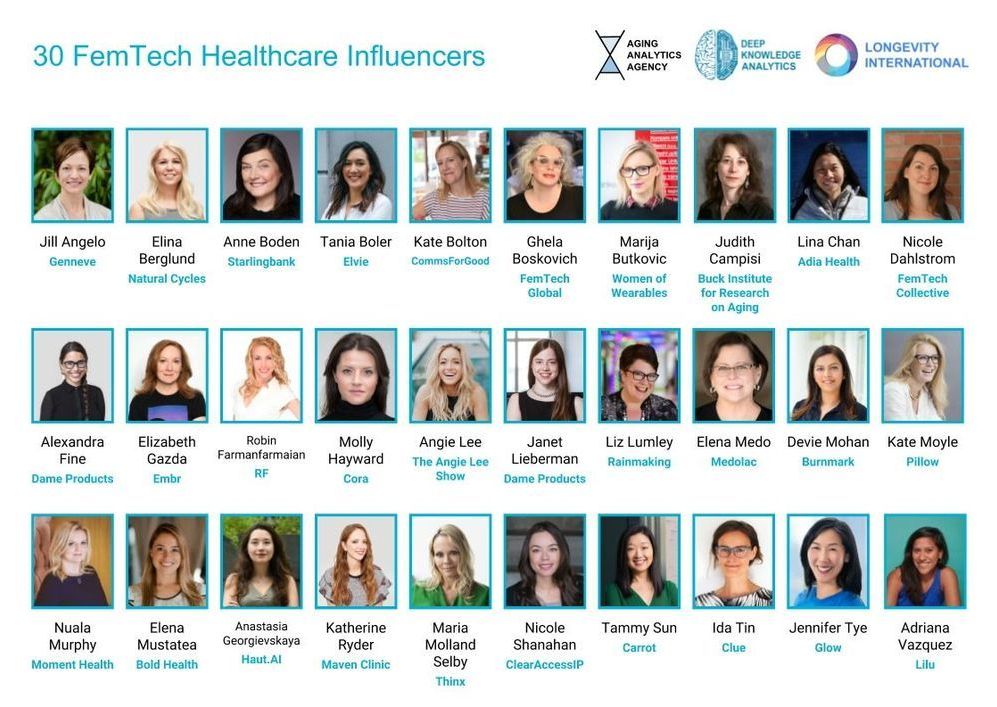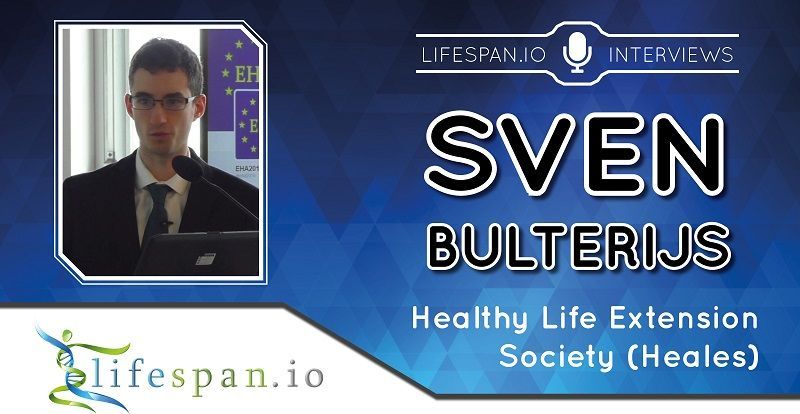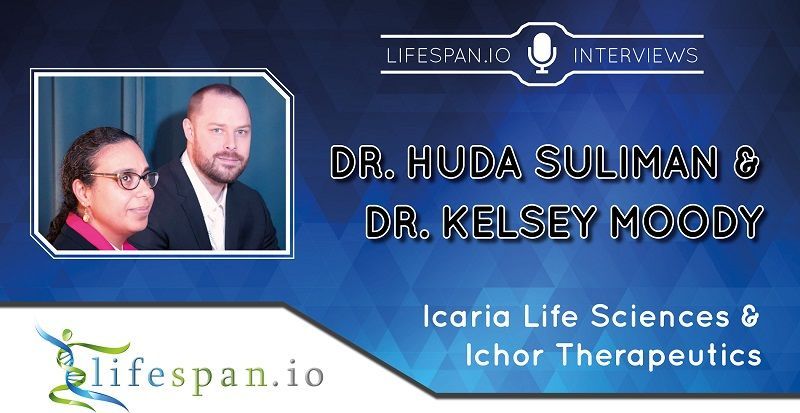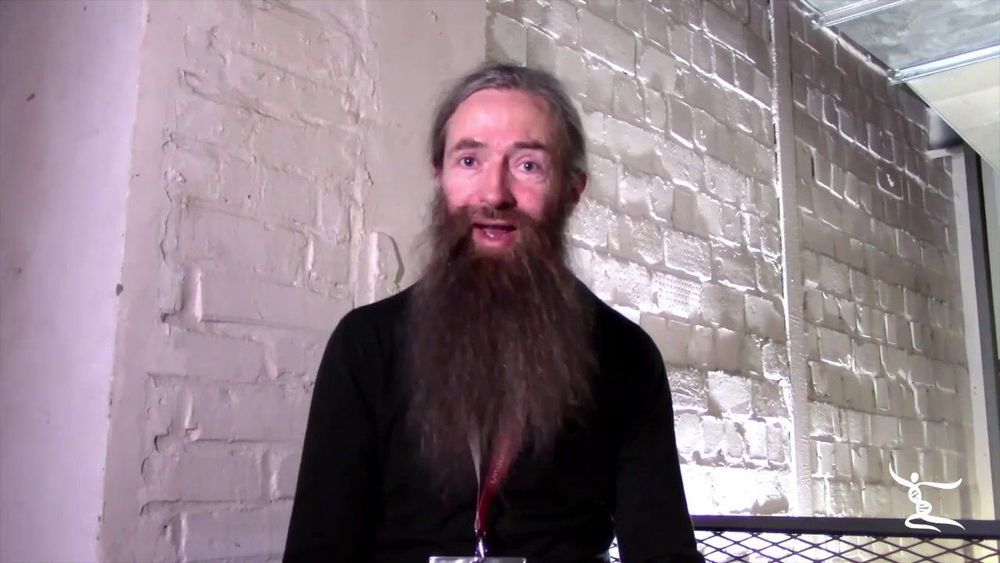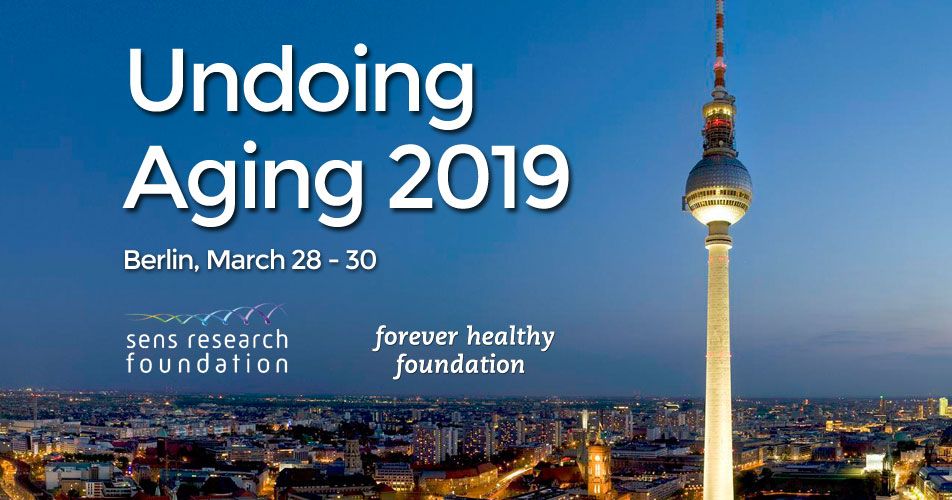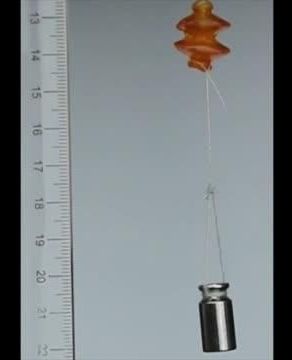Apr 11, 2019
Aging Analytics Agency Photo 4
Posted by Franco Cortese in categories: biotech/medical, life extension, robotics/AI
Presents its list of the top 30 FemTech Influencers, whose efforts in the FemTech Healthcare, FemTech Preventive Medicine and FemTech Longevity sectors have helped to grow the industry to its current state of maturity.
Jill Angelo genneve Elina Berglund Natural Cycles Starling Bank Tania Boler Elvie Ghela Boskovich Judith Campisi Adia Femtech Collective Dame Products EMBR Robin Starbuck Farmanfarmaian Cora Lifestyle Angie Lee Janet Lieberman Nuala Murphy Moment.Health Elena Mustatea Bold Health Anastasia Georgievskaya Haut.AI Maven Clinic THINX Nicole Shanahan Clearaccessip, Inc. Tammy Sun Ida Tin
Link to the Report: https://www.aginganalytics.com/femtech-healthcare-q1-2019
